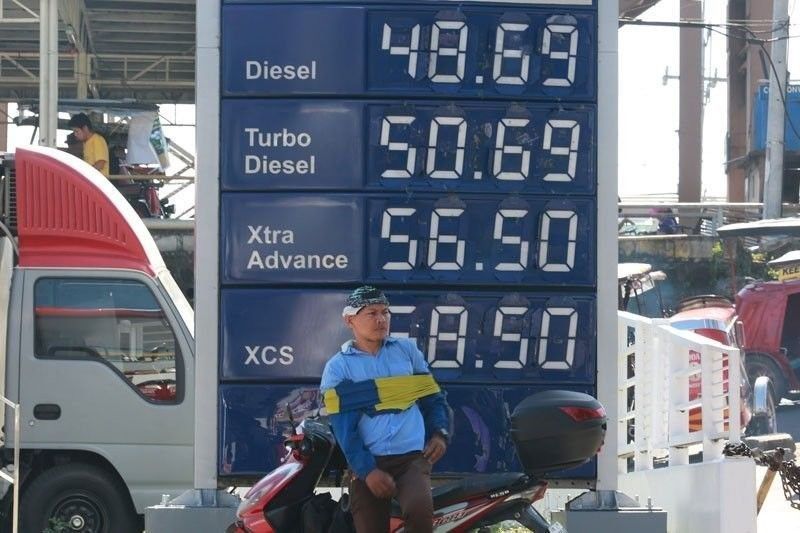
Upgrade to High-Speed Internet for only ₱1499/month!
Enjoy up to 100 Mbps fiber broadband, perfect for browsing, streaming, and gaming.
Visit Suniway.ph to learn
The Philippines will commit to addressing non-tariff barriers on imports from the United States (US) as part of a reciprocal trade agreement that will see Manila pay a tariff rate of 19 percent on its US-bound goods.
Similar to reciprocal trade deals the US has so far announced, Department of Trade and Industry (DTI) Undersecretary Allan Gepty said the Philippines will take action on what the US deems as barriers to trade.
“If you read the pronouncements of the US, more than market access, they are also interested in a lot of measures that basically affect trade,” said Gepty, a key negotiator for the agreement.
“So that’s why we have to address those measures, like the non-tariff barriers,” he told reporters.
As to what these barriers are, Gepty said he cannot divulge more information due to a non-disclosure agreement with US counterparts.
However, he conceded that the annual National Trade Estimate (NTE) Report on Foreign Trade Barriers by the Office of the United States Trade Representative (USTR) would be a “good reference.”
The latest NTE report, published last March, identified the “pervasive and longstanding” corruption in Philippine national and local government agencies as a barrier to its trade with the Philippines.
The USTR particularly called out the Bureau of Customs (BOC), the agency in charge of facilitating trade and collecting duties and taxes, over its “various corruption issues.”
The report, submitted to US President Donald Trump and the US Congress, also called out issues in the Philippines’ judicial and regulatory processes.
It noted that both foreign and domestic investors have expressed concerns about the alleged “lack of transparency” when it comes to court and regulatory decisions.
The USTR also pointed to issues related to intellectual property (IP) protection and piracy.
On the agriculture front, it called out sanitary and phytosanitary barriers to trade, including import permits, local government regulations, and cold chain regulations.
Trade and investment barriers in services, foreign ownership, and government procurement were also cited.
Indonesia, whose details of its reciprocal trade agreement with the US were made public last week, has agreed to address a total of 13 non-tariff barriers for American industrial and agricultural exports.
Indonesia earlier reached a deal with the US to reduce its tariff rate from 32 percent to 19 percent, sharing the second-lowest rate in Southeast Asia with the Philippines.
Last week, Trump announced that he will cut by one percentage point (ppt) the tariff rate threatened against Philippine goods, from 20 percent to 19 percent.
In return, the government offered to grant zero tariffs to American-made vehicles, soy, wheat, and pharmaceutical products.
Gepty said both the Philippines and the US are still working out other details of the agreement.
“There are still details that we have to work on,” he said. “So let's see how it will evolve.”
DTI Secretary Cristina Roque said last week that the government is optimistic about securing a further reduction in the 19 percent tariff rate before the Aug. 1 deadline.
Roque, however, clarified that the country will not offer any more concessions.
“That's the best we can give,” she said, referring to the US goods that will see zero tariffs.
Gepty said that unless an announcement is made, Philippine goods are scheduled to face a 19 percent tax beginning Friday, Aug. 1.
"But let’s see, since almost all economies are still in talks or negotiating,” he said.
Unlike the first wave of tariffs Trump announced in April, which he later postponed, the US President said the Aug. 1 deadline "stands strong and will not be extended.”

.jpg) 21 hours ago
1
21 hours ago
1



